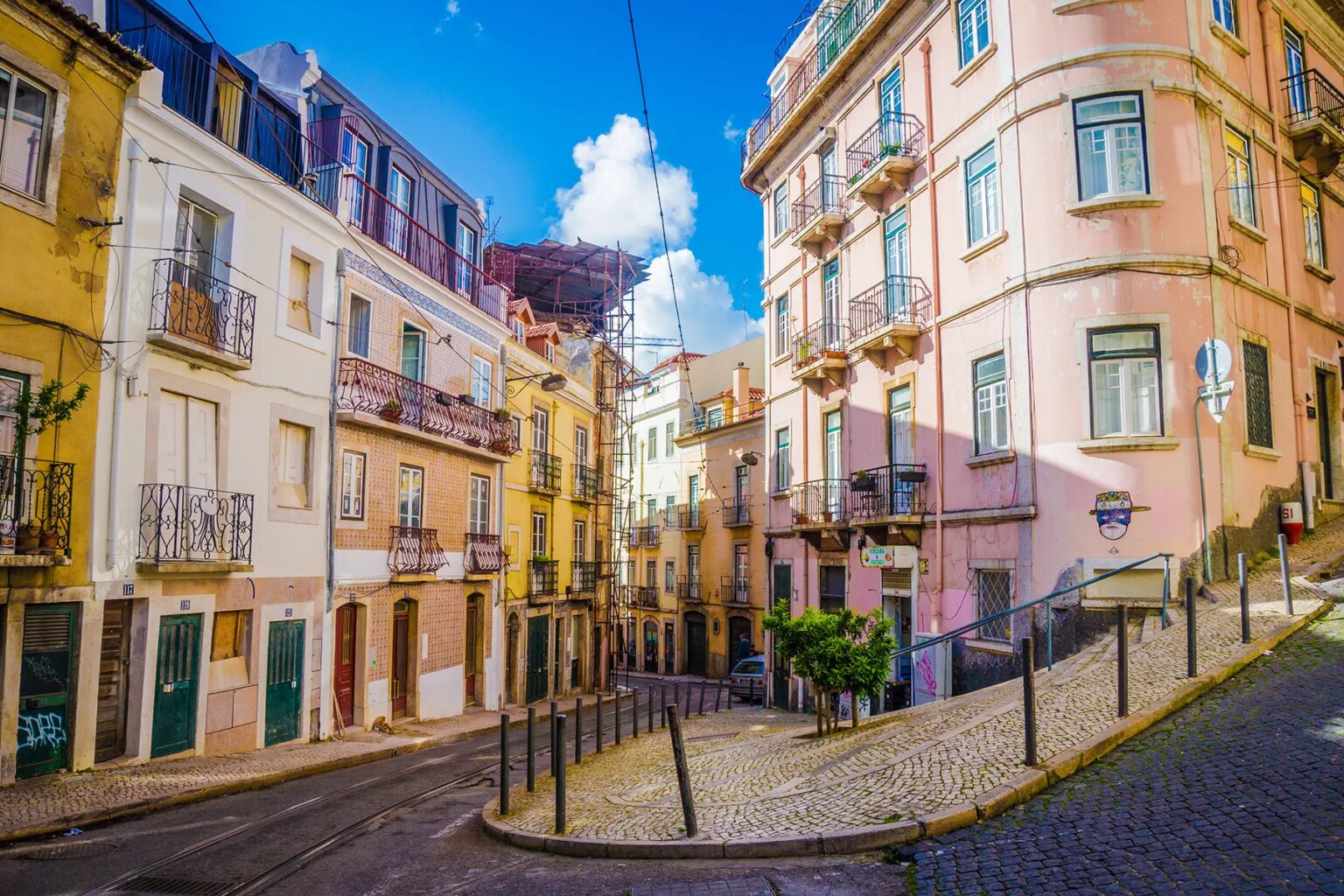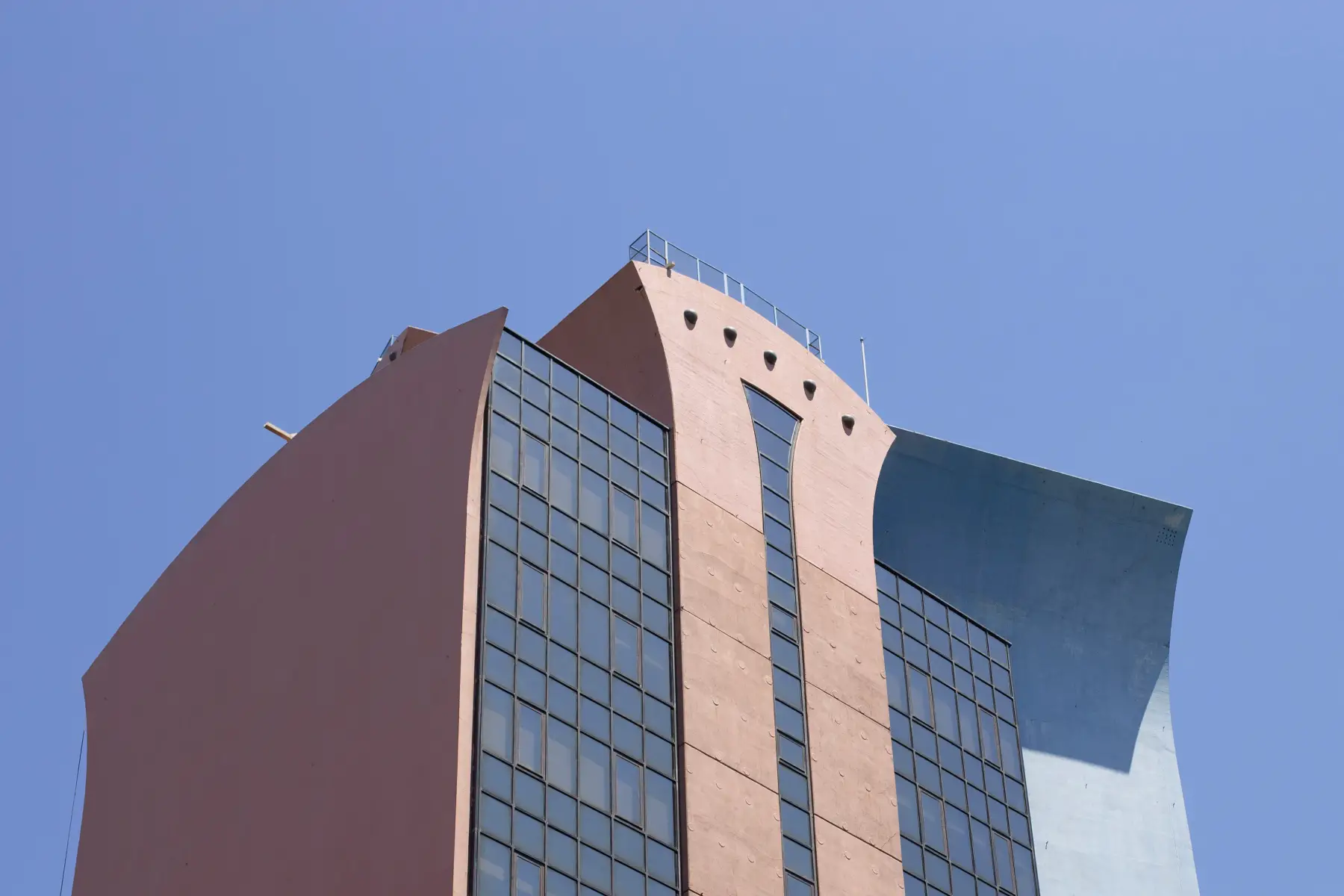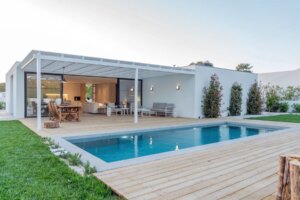When renting a property in Portugal, there are several things to consider. After choosing where you want to live, you’ll need to look at your budget and how much space you need. Cities mainly offer apartments and student accommodation. On the other hand, it’s also possible to rent houses on the outskirts, in smaller towns, or further into the countryside. Some places may come unfurnished, while others might be partially furnished. Additionally, you might want to decide whether it’s better to buy or rent a property.
To help you get started, though, discover everything you need to know about renting in Portugal, including the following:
- Renting in Portugal
- Popular places to rent in Portugal
- Buying vs. renting in Portugal
- Types of property to rent in Portugal
- Finding a place to rent in Portugal
- Student housing in Portugal
- How to rent a property in Portugal
- Rental costs in Portugal
- Social housing in Portugal
- Tenancy contracts in Portugal
- Utilities and telecommunications in Portugal
- Moving in and moving out in Portugal
- Renting out your home in Portugal
- Tips for renters in Portugal
- Useful resources
Spotahome
Looking for somewhere to rent in Portugal? Spotahome takes the hassle out of househunting by doing the hard work for you. Their online platform lets you find, view, and book rental properties all from the comfort of your own home. Take the stress out of househunting in Portugal with Spotahome.
Renting in Portugal
More than 75% of people opt to buy a house in Portugal. However, not everyone can afford a mortgage, so many turn to the rental market. In 2018, 25.2% of the population chose to rent. Following the COVID-19 pandemic, more families considered renting over buying a home. Indeed, in the second quarter of 2021, rental leases went up 49.3% compared to the same period in 2020.
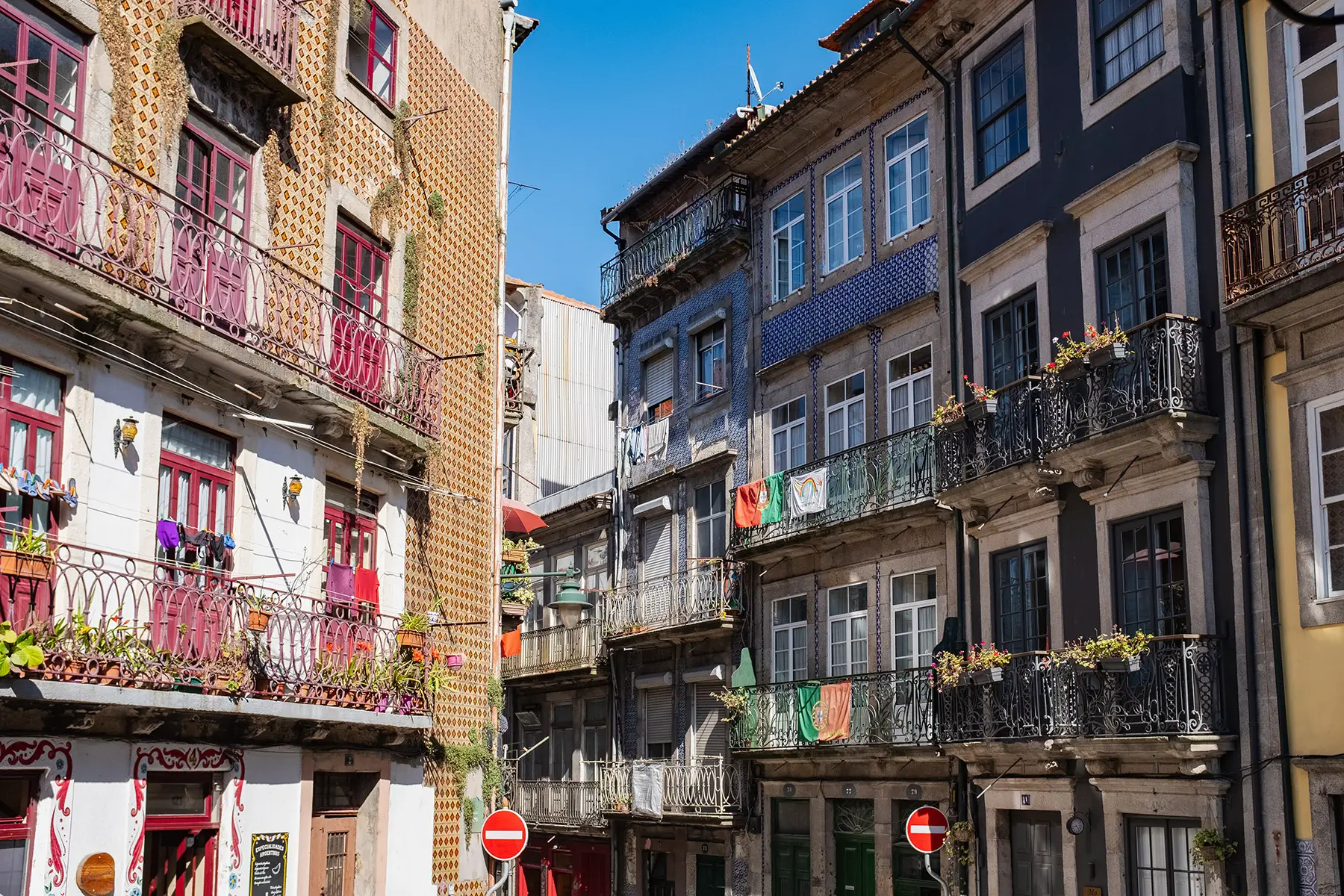
While it’s possible to rent directly with the owner, as an expat, it is often easier to go through a real estate agent who speaks English and is familiar with the area. Most expats opt for big cities like Lisbon and Porto or head south to the Algarve. Listings include a mix of furnished (mobilado) and unfurnished (sem mobília) properties. Even unfurnished properties will usually come with a kitchen equipped with appliances (cozinha equipada).
Popular places to rent in Portugal
Portugal is famous for its gorgeous beaches and sunny weather pretty much all year round. There are many places you could call home, but most expats move to major cities with a lively atmosphere and opportunities for work and education. Here are some of the most popular areas to live in:
Lisbon
Lisbon is quickly becoming a hub for digital nomads and expats looking to move to Portugal. The capital city has easy access to the beach and cultural attractions. It’s also one of the most expensive areas in the country, with an average rental price of just over €13 per square meter in 2022. One-bedroom apartments can cost anywhere from €700 to €1,000 or more per month.
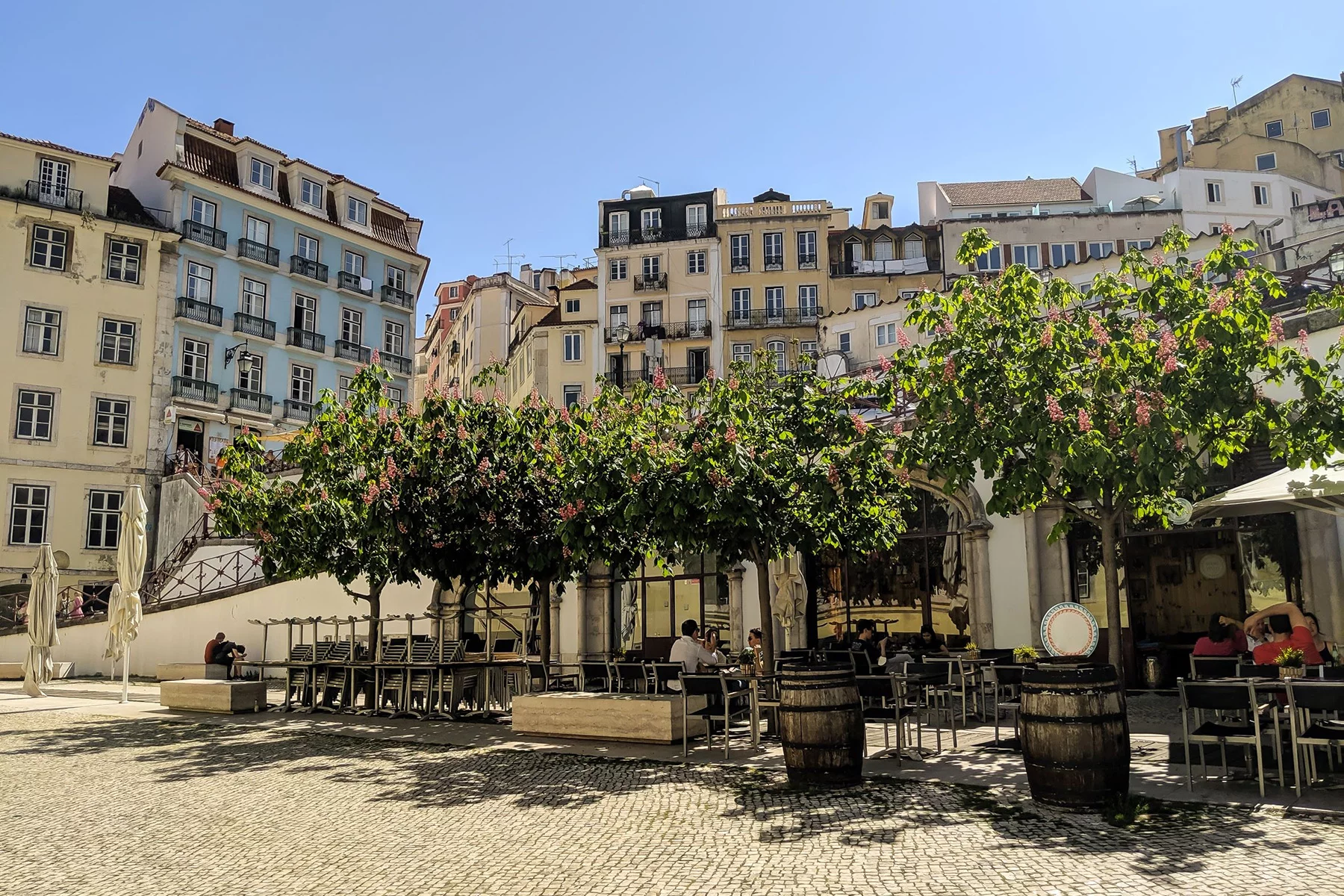
Porto
This picturesque city is the birthplace of Port wine. But beyond the vineyards and cellars, Porto also has a creative vibe with stunning tiled buildings and neighborhoods lined with art shops and galleries. Currently, the price per square meter is around €10. Some apartments have a similar cost to the capital, but you can also find cheaper options here.
Braga
Braga is the third-largest city in Portugal, known for its iconic sanctuary and charming squares. A recent study by the European Commission considered it one of the happiest cities in Portugal. Surprisingly, it’s still pretty affordable, with properties costing around €7 per square meter in 2022. Indeed, you can get a two-bedroom apartment here for €600.
The Algarve
Home to fantastic beaches, golf resorts, and seaside towns, this is a popular region for English-speaking expats. Many people retire here, especially British pensioners, who come to enjoy the warmer climate.
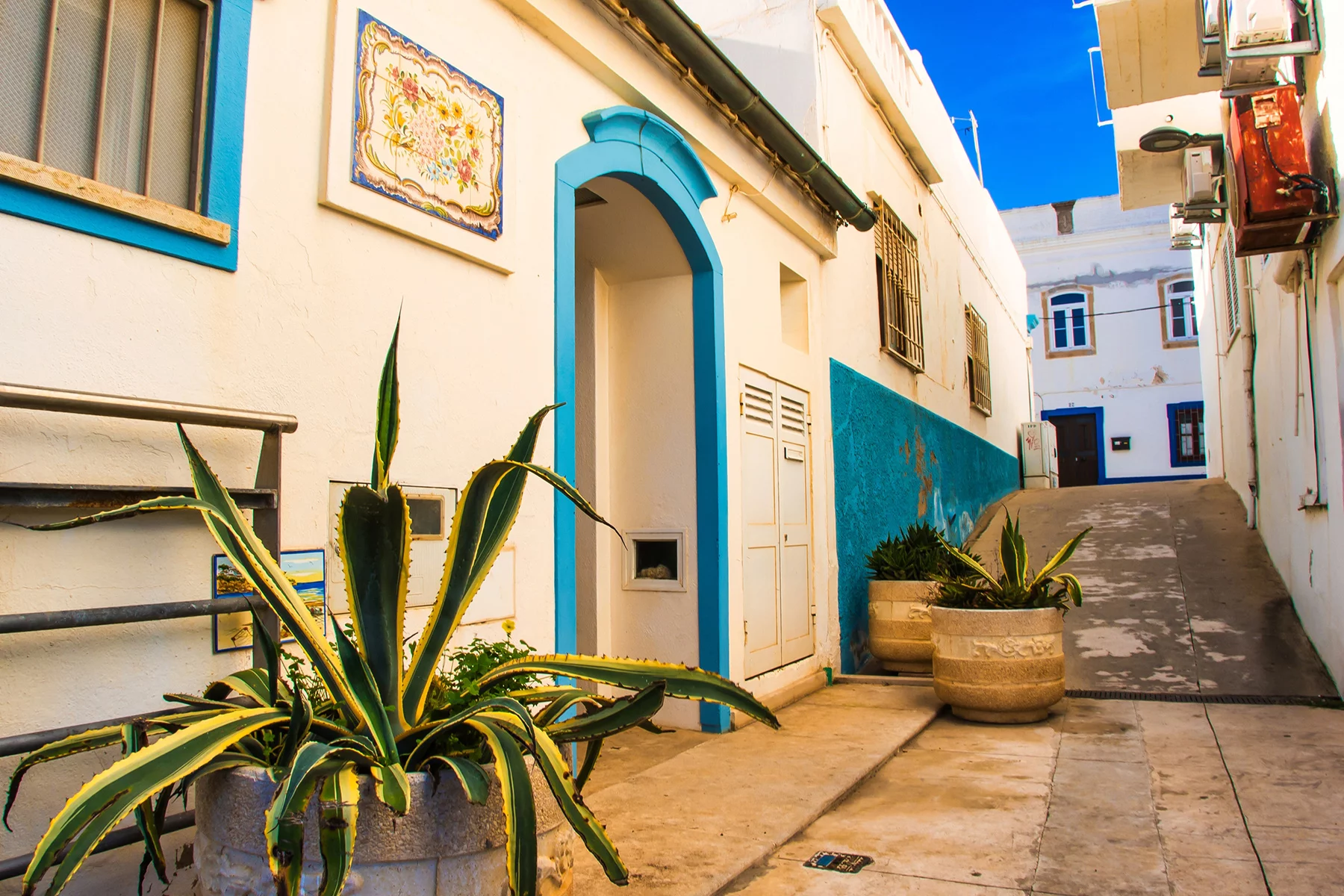
Prices can vary significantly between towns, but, on average, rent costs around €10.50 per square meter. There are many holiday homes and apartment complexes facing the beach, but you can also find detached houses further out.
Buying vs. renting in Portugal
Renting a property in Portugal is usually easier than buying. There is much less paperwork, and you don’t need to take out a mortgage to pay for it. Furthermore, the properties usually come furnished, meaning you can move in straight away.
Of course, if you’re considering living in Portugal permanently, it may be worth buying a home here. You can also use it as an investment and rent out the property for extra income. If you’re still unsure whether to rent or buy, you may want to read our guide to buying real estate in Portugal.
Types of property to rent in Portugal
Most people will rent an apartment in Portugal. If you can’t afford a whole property, you can consider sharing the space with a flatmate. In big cities like Lisbon and Porto, this is especially common. It’s also possible to find houses for rent on the outskirts.
Typically, properties come with furniture, but you can also find unfurnished listings. These can range from studios to four-bedroom apartments and usually include a fully-equipped kitchen. Some houses may not have a washing machine, but it’s common for people to use laundrettes.
You’ll find the number of rooms in the listing title. For example, T1 is a one-bedroom and T2 a two-bedroom. While Portugal is known for its warm climate, many properties are poorly insulated, and it can get cold inside. You may need to invest in a small heater for the winter.
Finding a place to rent in Portugal
There are several places where you can find properties to rent in Portugal. Below, you can find a few options.
Online portals
Using an online portal is one of the easiest ways to find a home in Portugal. These feature a variety of properties and allow you to sort them by price range, number of rooms, and location. They also help give you an overview of the market. Online property portals in Portugal include:
- Airbnb (for short-term accommodation)
- Flatio
- HousingAnywhere
- Spotahome
- Real estate websites such as Engel & Völkers, Remax, and ERA
Property agents
Going through a real estate agent can be helpful, especially if you’re not familiar with the areas yet. Many agents speak English and will gladly guide you through the process. Popular agencies in Portugal include Engel & Völkers, Remax, and ERA.
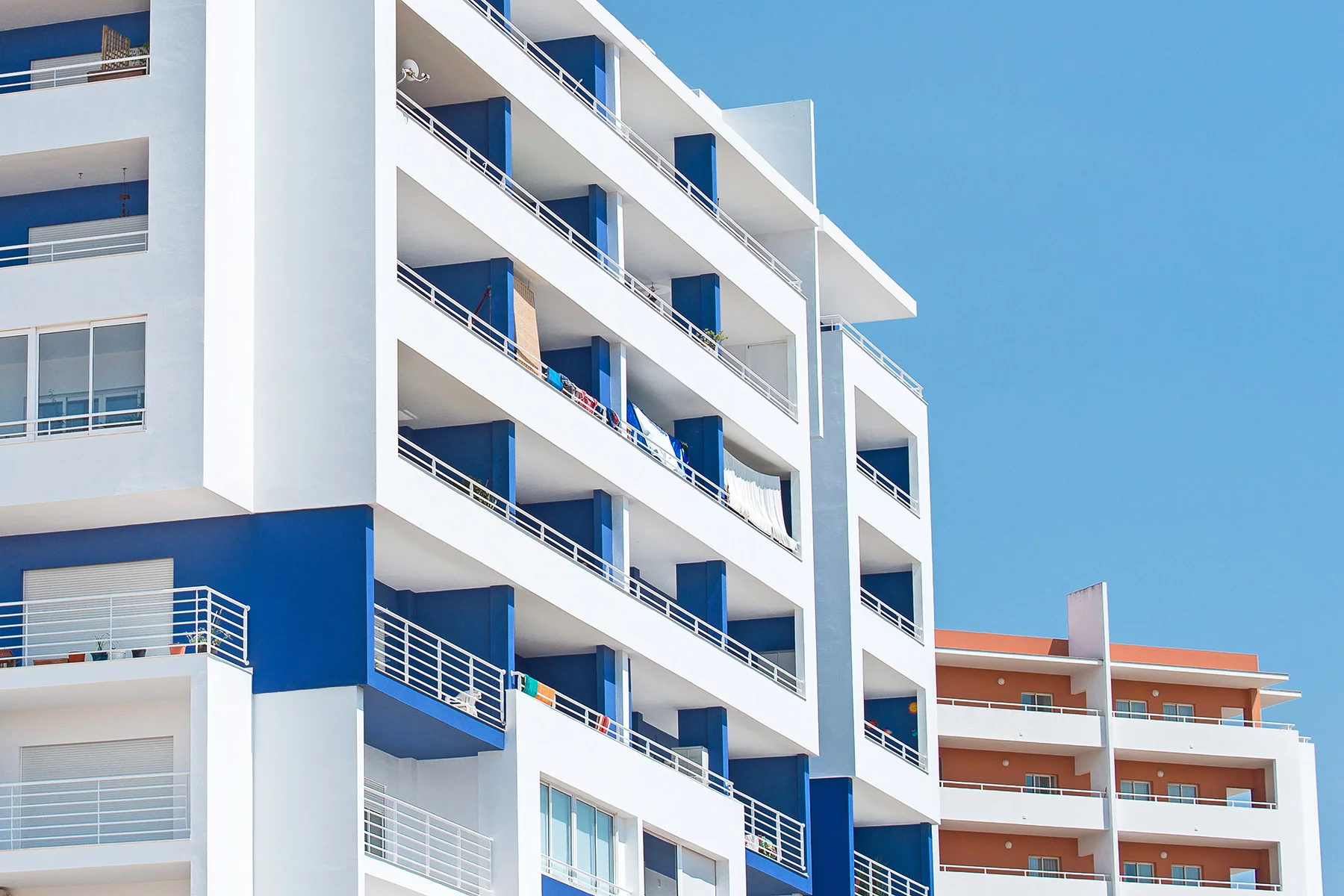
Agencies specialized in expat rentals
Most agencies in Portugal are happy to speak with expats. However, there are a few companies that specialize in this service, including the following:
Flatshares
Sharing a flat is a popular option for students and young residents in Portugal. Typically, you would have a room to yourself and share the bathroom, kitchen, and living room. The average rent can be anywhere from €200 to €450 per month. Most online portals have the option to look for shared flats. Alternatively, you can also find them on specific websites like Bquarto.
Student housing in Portugal
It’s not common to see on-campus housing at Portuguese universities. Usually, students live in a residence hall nearby or share a flat. You can often apply for a university residence (residência universitária) online. However, spaces tend to fill up fast, so you might have to consider private accommodation. Bquarto provide listings for students.
How to rent a property in Portugal
The process of renting a property in Portugal is relatively similar to other European countries. There are two main ways you might rent a property: through an agency or a private individual.
Renting through a property agency
Once you find a property you like, you should show your interest straight away, as the rental market can be very competitive. The next step is to sign the lease. To rent in Portugal, you need a tax number or Número de Identificação Fiscal (NIF) and proof of identity. If more than one person is renting, they need to provide their documentation. You will also need to show a bank statement, tax return, or proof of employment.
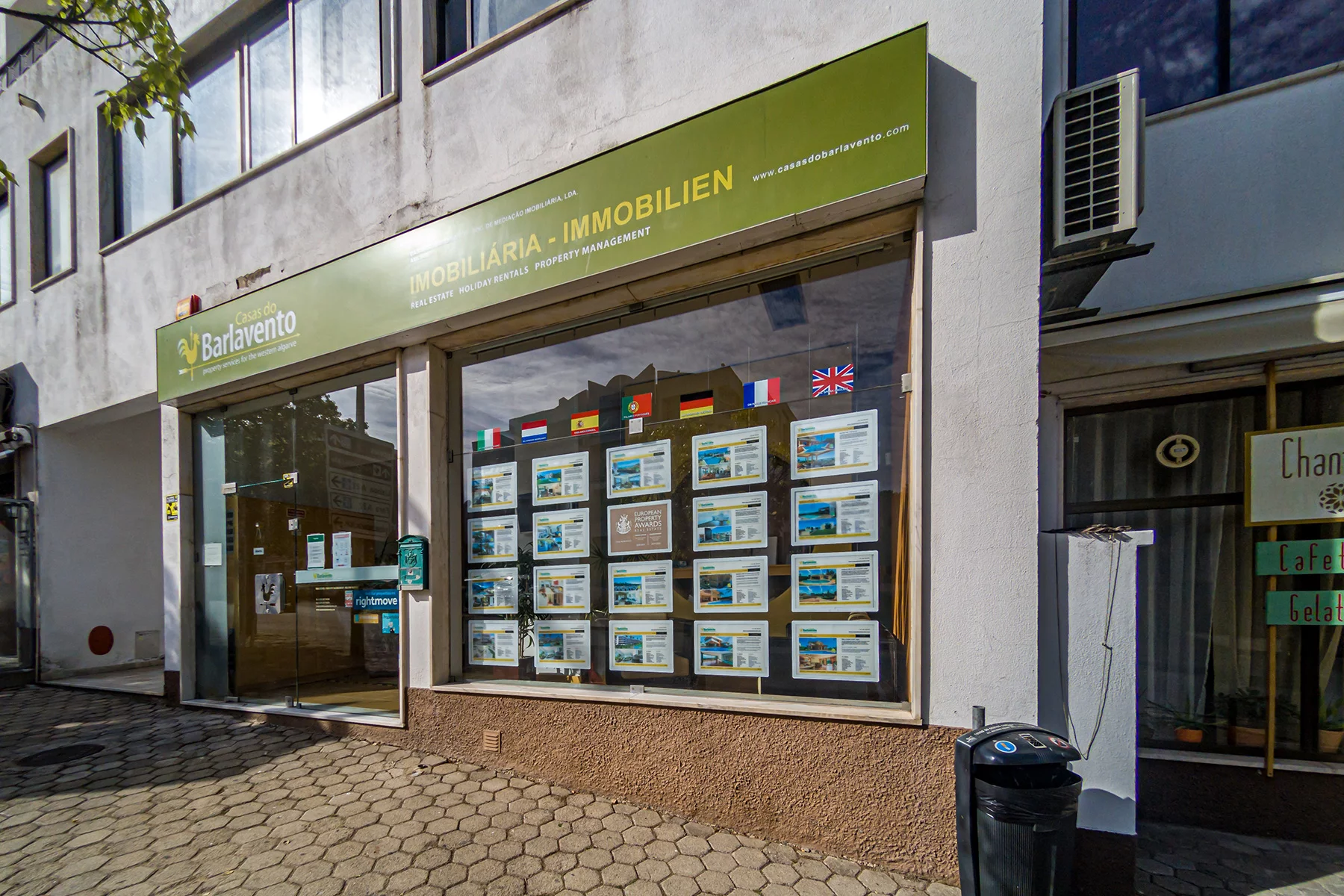
Students who are not working might need a parent or guardian to provide these documents. Additionally, the landlord may ask for a guarantor (fiador) to guarantee the rent payment if the tenant breaks the contract.
After signing the lease, you will need to pay advance rent (renda antecipada). Usually, this is about three months. The landlord may also ask for a security deposit (caução) on top.
Renting directly through a private landlord
In Portugal, it’s also possible to rent directly through a private landlord. You will have to present the same documents stated above. You should bear in mind that some landlords may not speak English, which can make it hard to communicate.
Rental costs in Portugal
Rental costs in Portugal are usually non-negotiable. So while you’re welcome to discuss the price, you may lose the deal if there’s someone else in line willing to pay more. Below is an estimate of the costs you will have to consider.
Monthly rent
In 2021, the average rent (renda) in Portugal was around €875 per month for a three-bedroom property. In Lisbon, however, you can pay that for a one-bedroom or even a studio. A three-bedroom in the city center will set you back at least €1,200. The range is similar in other popular areas such as Porto and the Algarve. According to the online portal Idealista, the lowest monthly rents in 2022 (in Portuguese) are in Castelo Branco. Here you can pay as little as €300 monthly.
Generally, bills are not included in the rental price. Listings that do include them have despesas incluídas in the description. You can usually pay your rent via bank transfer, but some landlords may ask for it in cash.
If you fail to pay, the repercussions (in Portuguese) will vary according to your rental agreement. Typically, you are allowed eight days to cover the amount owed. After that, you may need to pay a 50% compensation to the landlord or risk eviction.
Rental deposit
In Portugal, you usually need to pay at least three months’ rent upfront. Additionally, the landlord may ask for a security deposit (caução). You should receive this at the end of your lease, as long as the property is in order.
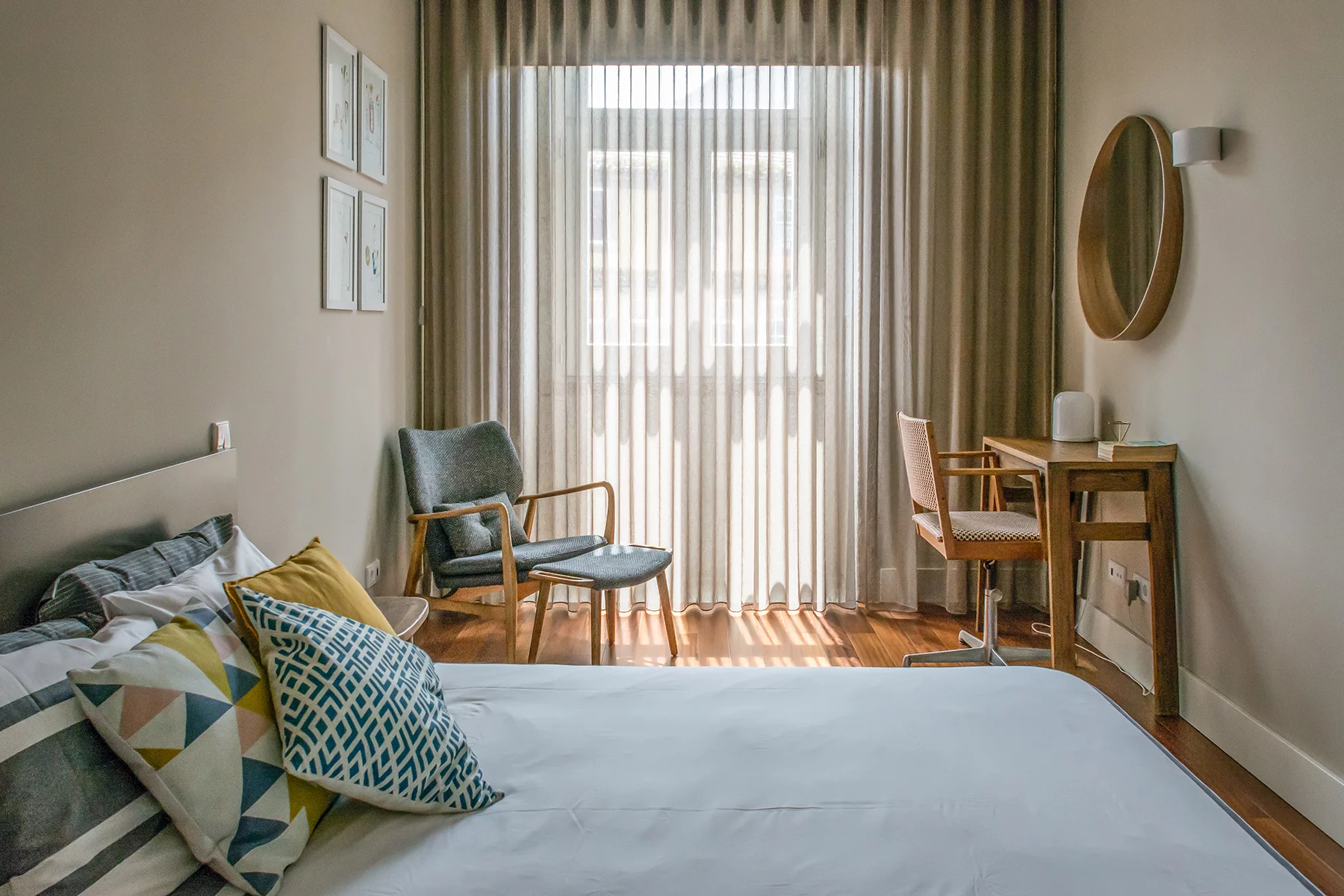
Agency and administration fees
In Portugal, there is usually no real estate commission for tenants. Instead, the agents charge their fees directly to the landlord.
Utility costs
Usually, tenants have to pay utilities themselves. That includes electricity, internet, water, and gas bills. These are paid separately to each service provider, but the total average cost can be about €100 per month.
Help with costs
Portugal provides several types of benefits to help cover rental costs. Renters between 18 and 35 can apply for the Porta-65 Jovem program.
There are also subsidies for pensioners and the unemployed. For the latter, you have to sign up at your local employment center (centro de emprego) before requesting the benefit.
Social housing in Portugal
In 2012, there were 24,484 social houses across Portugal. The Instituto da Habilitação e da Reabilitação Urbana (IHRU) is responsible for managing social housing (habitação social).
Both locals and expats can apply for rental aid (arrendamento apoiado) as long as they have permanent residence. The support is available for individuals and families living in poor conditions or low earners. You can apply online through the Portal da Habitação. The program adapts the rental cost to the candidate’s financial capacities.
Tenancy contracts in Portugal
When renting in Portugal, you will find both fixed-term (contrato com prazo certo) and open-ended contracts (contrato por duração indeterminada). Most tenancy contracts will have a minimum duration of one year.
A standard contract should include the following:
- Name and identification of all parties renting
- Property address
- Rent cost and limit date for payment
- Contract duration
Here is a sample of a tenancy contract in Portugal. Once you sign a contract, you and the landlord should keep a copy for reference.
Tenant rights and obligations
In Portugal, a rental contract gets automatically renewed unless one of the parties ends it. Tenants need to give at least two months’ notice before leaving a property. Generally, you are allowed to alter fixtures, but you should check your contract or run it by the owner. If the landlord finds any damage to the property, they can keep your deposit at the end.
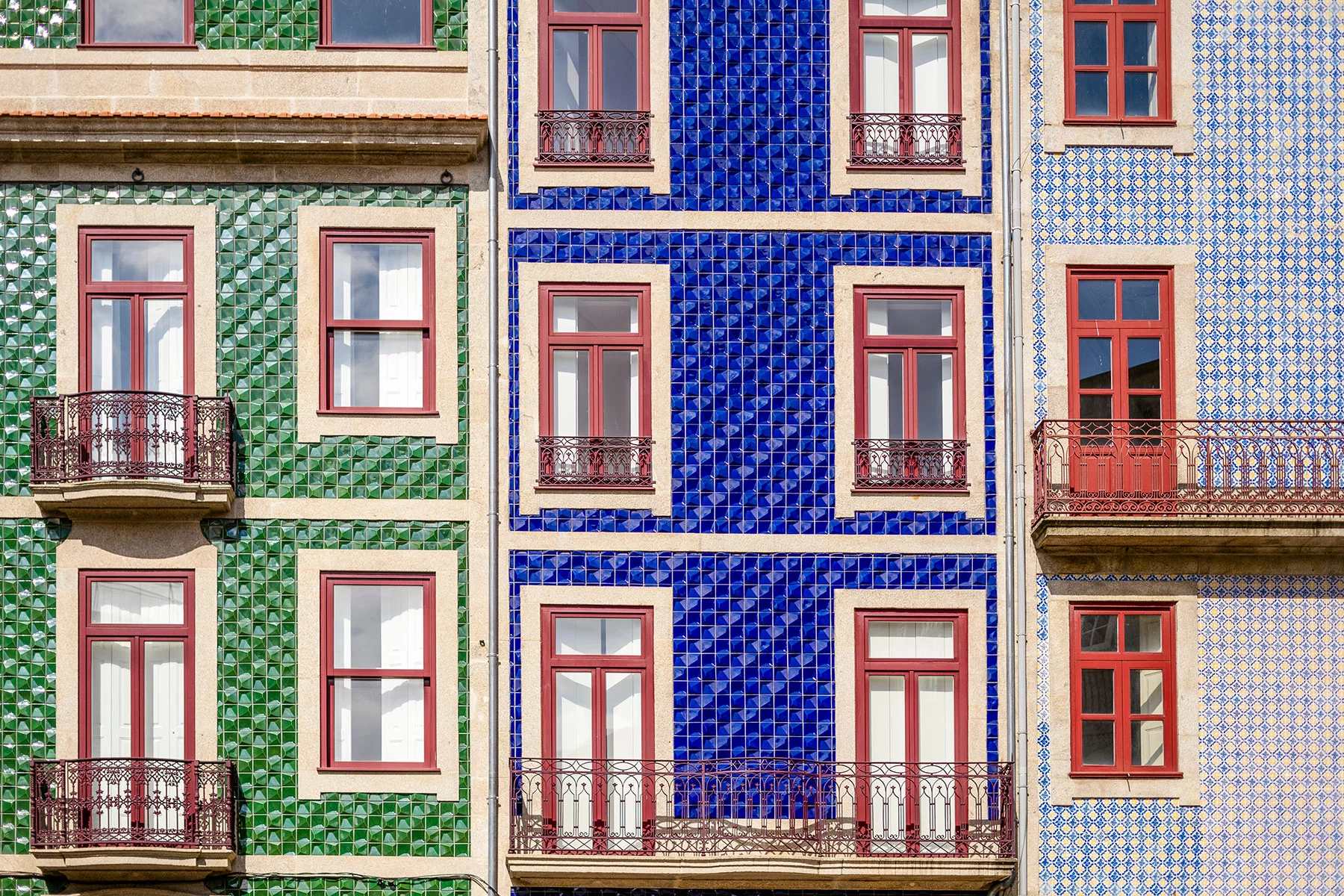
Usually, you are not allowed to sublet (subarrendar) your space unless it is in the contract. As such, you should always ask your landlord for permission. Furthermore, according to Decree-Law no. 47344 article 1062 (in Portuguese), you cannot charge the sub-tenant more than 20% of the amount stated in the original contract.
Landlord rights and obligations
As a landlord, you must give at least two months’ notice before terminating a contract. In some cases, you may need to provide a reason. For example, if you need to live in the property or if it requires renovations.
If your tenant hasn’t paid the rent for at least three months, you should send them a notification. If that doesn’t work, you can proceed with an eviction process (procedimento especial de despejo) through the Balcão Nacional do Arrendamento.
Where to go in the event of a dispute
The Associação dos Inquilinos e Condóminos do Norte de Portugal offers guidance related to renting in Portugal. In Lisbon, the Centro de Apoio do Novo Regime de Arrendamento Urbano (NRAU) also supports tenants and landlords.
Law no. 13/2019 includes a list of measures to help fix a dispute between tenants and landlords and protect those in fragile situations. You should consult this document to see how to proceed or contact a lawyer to help you. If you can’t afford one, you can request legal aid support through Social Security.
Utilities and telecommunications in Portugal
Generally, utilities are not included in your monthly rental costs. As such, you will need to cover this. The landlord may already have an agreement with a provider. If that’s the case, you only need to request an ownership change (mudança de titularidade). Otherwise, you will have to set things up yourself. The same company can provide electricity and gas. Water, however, is usually paid separately to each municipality.
Of course, you might need to set up your internet and TV connection. There are several providers out there, so make sure to compare the offers before choosing one. Typically, in serviced apartments, these expenses are already included in your bill.
Moving in and moving out in Portugal
Once you have signed the rental lease and paid the initial deposit, you can move to your new place on the agreed date. Try to set up your utilities beforehand, as this can take a couple of days to process.
For furnished apartments, some landlords may attach an inventory to your contract. It’s mostly to ensure that all the items in the house remain there when you leave. It also accounts for any damages.
If you’re planning on moving out before your lease ends, check your notice clause. Typically, you need to notify your landlord in writing at least two months before leaving.
The landlord may arrange an inspection to confirm that everything is in order. If you paid a deposit at the start, they should return the total value to you unless there are damages to the property. Should you need help with the move, check online platforms such as TaskRabbit for people who can help you put furniture together, move boxes, and even clean your home.
Renting out your home in Portugal
According to the Global Property Guide, the rental yield in Portugal is around 5.45%. If you want to use your property as a holiday rental, you must request a permit and pass the safety requirements. Additionally, you will need to pay a tourist tax, but usually, you can charge this to guests.
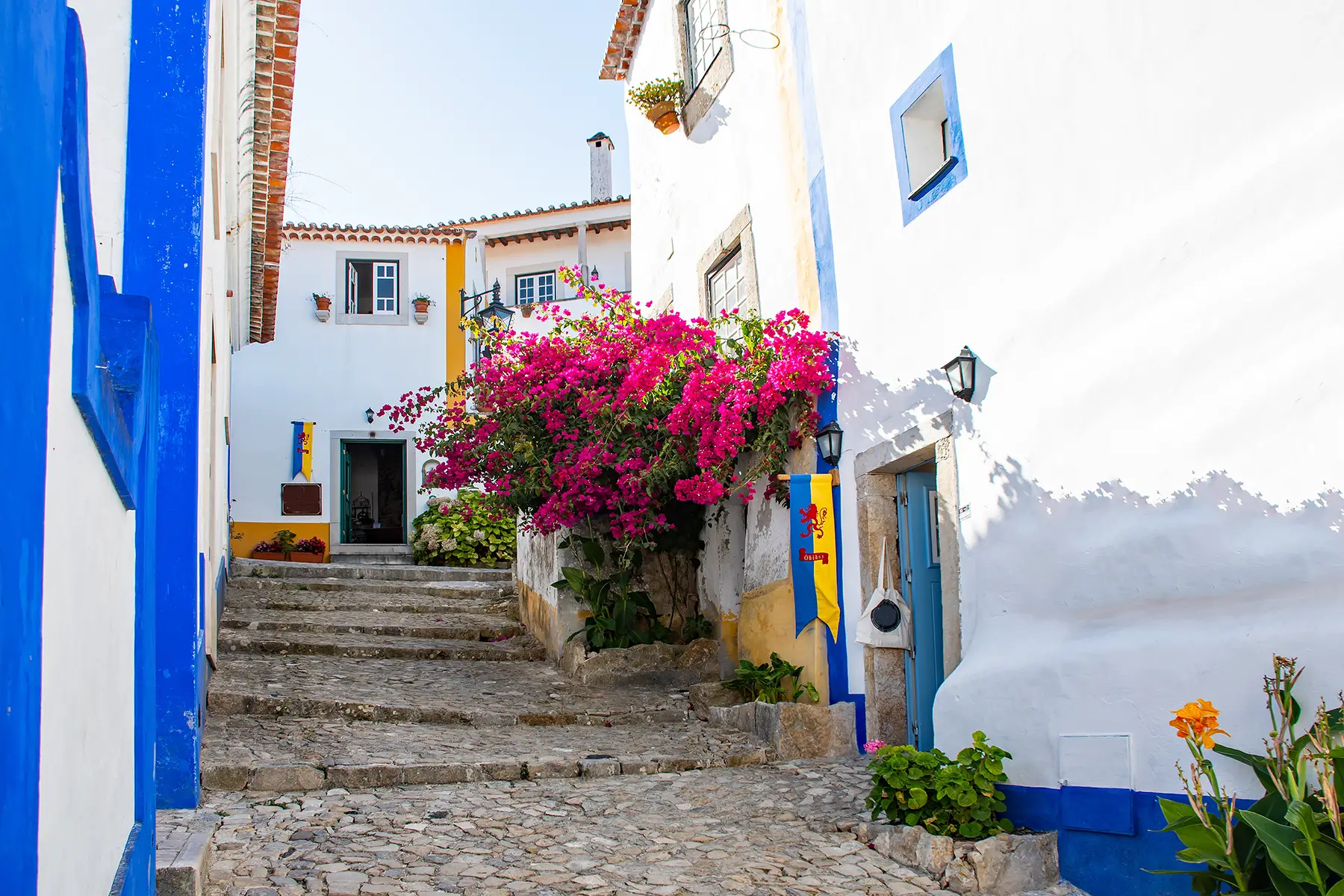
Long-term rentals require more obligations, including registering a lease and issuing tax receipts. You can advertise your property online or hang a sign outside your window saying for rent (arrendar). However, it is often easier to hire an agent to handle the process for you.
Below are a few of the costs you will need to cover:
- Agency fee – usually one to two months’ rent
- Stamp duty (imposto de selo) – 10% of the rent value for each lease issued
- Municipal Property Tax (IMI) – between 0.3% and 0.8% of the value of the tax asset paid annually
- IRS tax – rental income is taxed between 10% to 28% depending on the duration of the contract
Tips for renters in Portugal
- Don’t pay anything without viewing the property and signing a contract.
- Even if the landlord doesn’t provide an inventory, you should take pictures of the property when you arrive and keep them in case of any disputes.
- If the property needs repairs before you move in, you should organize them with the landlord before signing the contract.
- Confirm with your landlord what fees are part of the contract.
- Check the policy regarding smoking or having pets. Even if there is a clause against this, you can negotiate this with the landlord before signing.
- Ask the landlord to show you where the fusebox is and any other apartment quirks to avoid getting caught off guard.
- Once you move in, write down or take a picture of all the meters (gas, electricity, and water). You will need to provide these initial readings to each service so they can start calculating your bill.
Useful resources
- Pure Portugal – explains how to apply for a long-term rental lease in Portugal
- Novo Regime do Arrendamento Urbano (in Portuguese) – frequently asked questions about urban renting in Portugal
- Diário da República Eletrónico (in Portuguese) – laws regarding renting in Portugal
- Portal da Habitação (in Portuguese) – a platform that allows you to apply for affordable and social housing initiatives
- Alto Comissariado para as Migrações (ACM) – association supporting migrants living in Portugal
- ePortugal – provides information on how to request a permit for holiday rentals
- Balcão Nacional do Arrendamento (BNA, in Portuguese) – platform that deals with eviction requests
